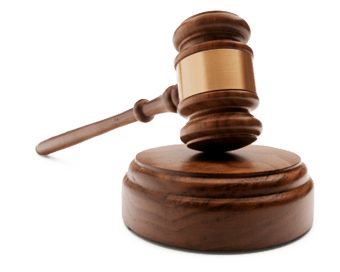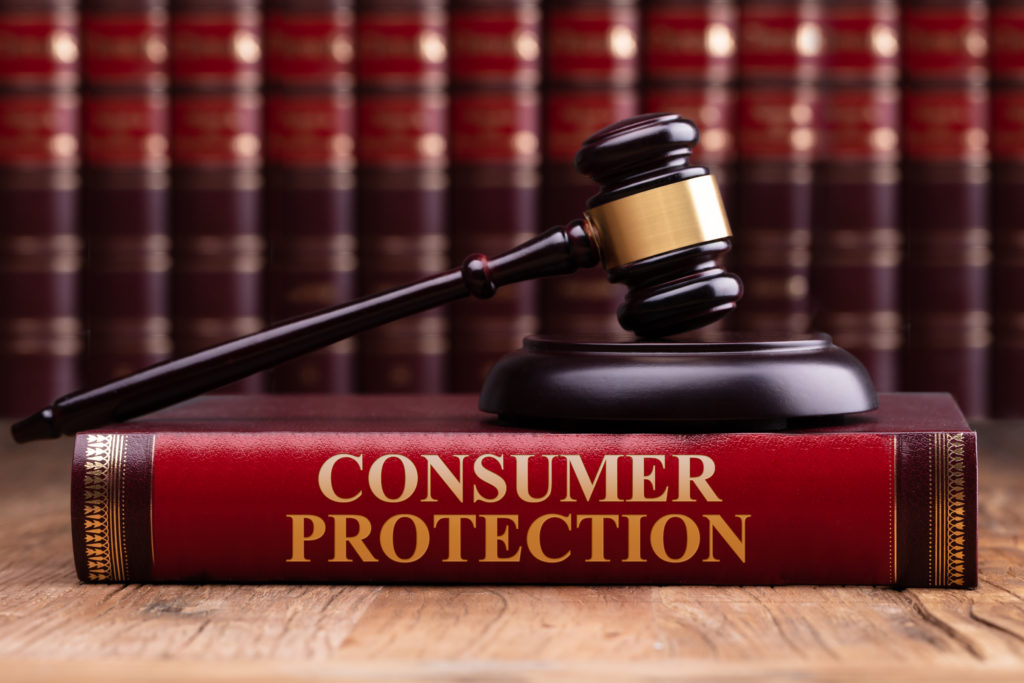Consumer Law
Do you need a consumer law attorney to fight for your rights and bring fraudsters to justice? We can match you with the right lawyer to help you reclaim your rights.
What Types of Fraud are in Consumer Law?
Consumer fraud primarily refers to deceptive practices that can cause the customers of a business or donators to a non-profit organization to suffer financial, physical, or emotional injury. Fraudulent practices may also occur at the individual level, such as when someone falls victim to lottery scams. Consumer law refers to the regulations and practices that determine when actions are unlawful and how consumers can seek justice.
Sometimes, becoming a victim of consumer fraud can also lead to criminal charges against you. For instance, if you donated large sums of money to a charitable organization and it turns out that the organization was part of a money-laundering scheme, clearing your name can become difficult.
Many people are so embarrassed about being scammed out of their hard-earned money that they suffer in silence. Speaking up can help to bring the persons responsible to justice. Even when it does not, it helps to spread awareness. This can protect other consumers from falling victim to the same fate.
Common Types of Consumer Fraud
If you suffered damages because of consumer fraud, you might be able to file a lawsuit against the responsible parties. Let’s take a closer look at the most common types of consumer fraud found under consumer law.
Identity Theft
This type of consumer fraud happens when a company or individual steals your personal information. The personal information that they steal might include your bank account number, your Social Security number, your full name, and your credit card information. One of the most common identity theft methods is data mining.
When an individual steals your personal information they may be able to open up credit cards in your name and make fraudulent charges. There are some identity thieves that even open utility accounts in your name that are false to prove a place of residency. After this, they can open up other types of accounts, such as loans and credit card accounts.
Some identity thieves gain access to your bank account and drain all the funds that you have available. There have even been reports of identity theft scams that get access to health insurance and place medical charges on the victim’s insurance. Proving that you’ve been a victim of identity theft can be very complicated. That’s why hiring a dedicated and experienced consumer law fraud lawyer is essential to proving your innocence under consumer law.
Fake Organizations
Fake charities are often difficult to spot because. They use the same techniques that legitimate organizations rely on to raise funds for their scams. That’s why it’s so important for you to understand where your money is going before you decide to donate to an organization. The same is true when asked to invest in an organization or purchase its goods and services.
You can identify if an organization is legitimate if they are registered in the state or the IRS can verify their non-profit status, but even this is no guarantee. Scammers can legitimately register an organization for illegal purposes. Take the time to research how your money gets used before investing in a business or donating to charity.
When it comes to products and services, looking up customer reviews can help. The more reviews a product or service has, the more likely it is to be legitimate, but even these reviews can be bought illegally. In addition to this, anyone can build a website or register an empty LLC.
Defective Products and Services
Sometimes instead of getting no products or services, you get faulty ones. Here are some examples of this:
- Products that do not work as intended
- Products that have harmful design flaws
- Medications that do not mention all side effects
- Services that do not deliver on promises
Legitimate companies often create defective products and services. Even when this is not intentional, consumers might become entitled to compensation for the damages caused. This is why car manufacturers, for instance, issue recalls and offer free fixes when they realize something has gone terribly wrong with their vehicles.
Consumer Protection Laws and How Consumer Law Works
The Federal Trade Commission Act of 1914 is arguably the most important consumer protection law in the United States. It established the Federal Trade Commission, which is tasked with protecting consumers from deceptive business practices. It does this at not just the individual case level, but also at the wider level, such as when it targets monopolies.
The FTC’s work includes conducting investigations, collecting complaints from defrauded customers, and taking the responsible business to court. To add to this, other federal laws have been passed to protect public consumers against deceptive transactions in various markets. These include the agriculture, real estate, food, and beverage industries. Consumer laws also put safety measures in place to regulate false advertising to help protect unlawfully identifying information of consumers and to regulate debt collection practices.
Some states put their own measures in place to protect everyday consumers. One of the most notable introductions for 2020 is the California Consumer Privacy Act. This gives consumers ownership of their data and helps protect them against tech companies’ potential misuse of data.
Work With an Experienced Consumer Law Attorney
Working with an experienced consumer fraud attorney can help you to understand what rights were violated during transactions with an organization. The right professional from our network of legal experts will help you to understand the Federal Trade Commission guidelines. You’ll discover what types of complaints you can make against the organization that has committed fraud against you.
A consumer fraud attorney will also guide you through working with law enforcement. The goal is to bring the fraudulent business practices against other customers and yourself to light. Are you looking to hire an experienced consumer law lawyer near you? Get help and file a claim against the entity that committed consumer fraud against you.
Submit a request online or call us today at (866) 345-6784 to get in touch with an experienced lawyer in your area!


